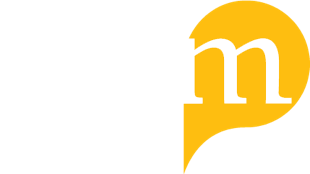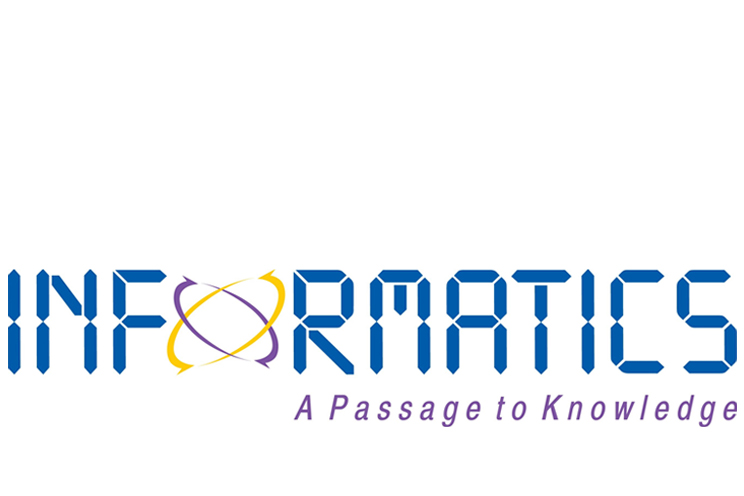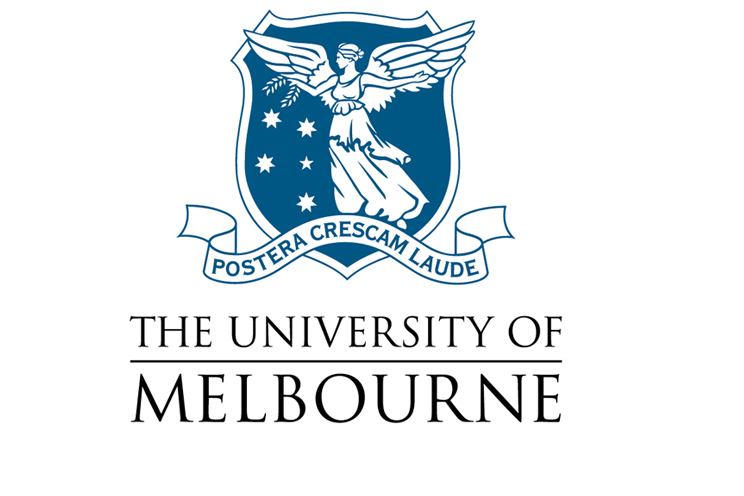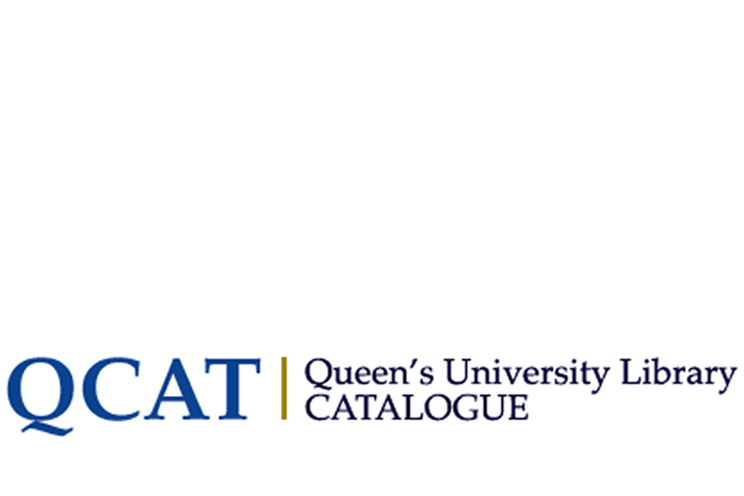Public Article
-
verified
The Effects of Virtual Reality on the Upper Extremity Skills of Girls with Rett Syndrome: A Single Case Study
ISSN: 2292 - 2598
Publisher: author
The Effects of Virtual Reality on the Upper Extremity Skills of Girls with Rett Syndrome: A Single Case Study
Indexed in
Medical Sciences
ARTICLE-FACTOR
1.3
Article Basics Score: 2
Article Transparency Score: 2
Article Operation Score: 3
Article Articles Score: 3
Article Accessibility Score: 3
SUBMIT PAPER ASK QUESTION
International Category Code (ICC):

ICC-1702
Publisher: Lifescience Global Inc.
International Journal Address (IAA):

IAA.ZONE/2292109702598
eISSN
:
2292 - 2598
VALID
ISSN Validator
Abstract
Introduction: Rett Syndrome (RTT) is a genetic disorder primarily seen in females that inhibits the use of a girl's hands in everyday activities. A girl with RTT spends the majority of her day engaged in stereotypical hand wringing/mouthing movements at midline of the body. The probable cause behind the neurological effects of RTT is a mutation in the gene that encodes for methyl-CpG protein 2 (MeCP2). The hand wringing/mouthing behaviors preclude a girl with RTT from using the upper extremities in purposeful tasks such as school work, play skills, and other activities of daily living. Objectives: To develop a virtual reality (VR)-based therapeutic intervention that 1) decreases upper extremity stereotypies (repetitive movements that serve no function) that interfere with purposeful arm and hand use and 2) promotes purposeful, goal-directed arm function; improve upper extremity motor skills in girls with RTT. Materials and Methods: Us...
























































